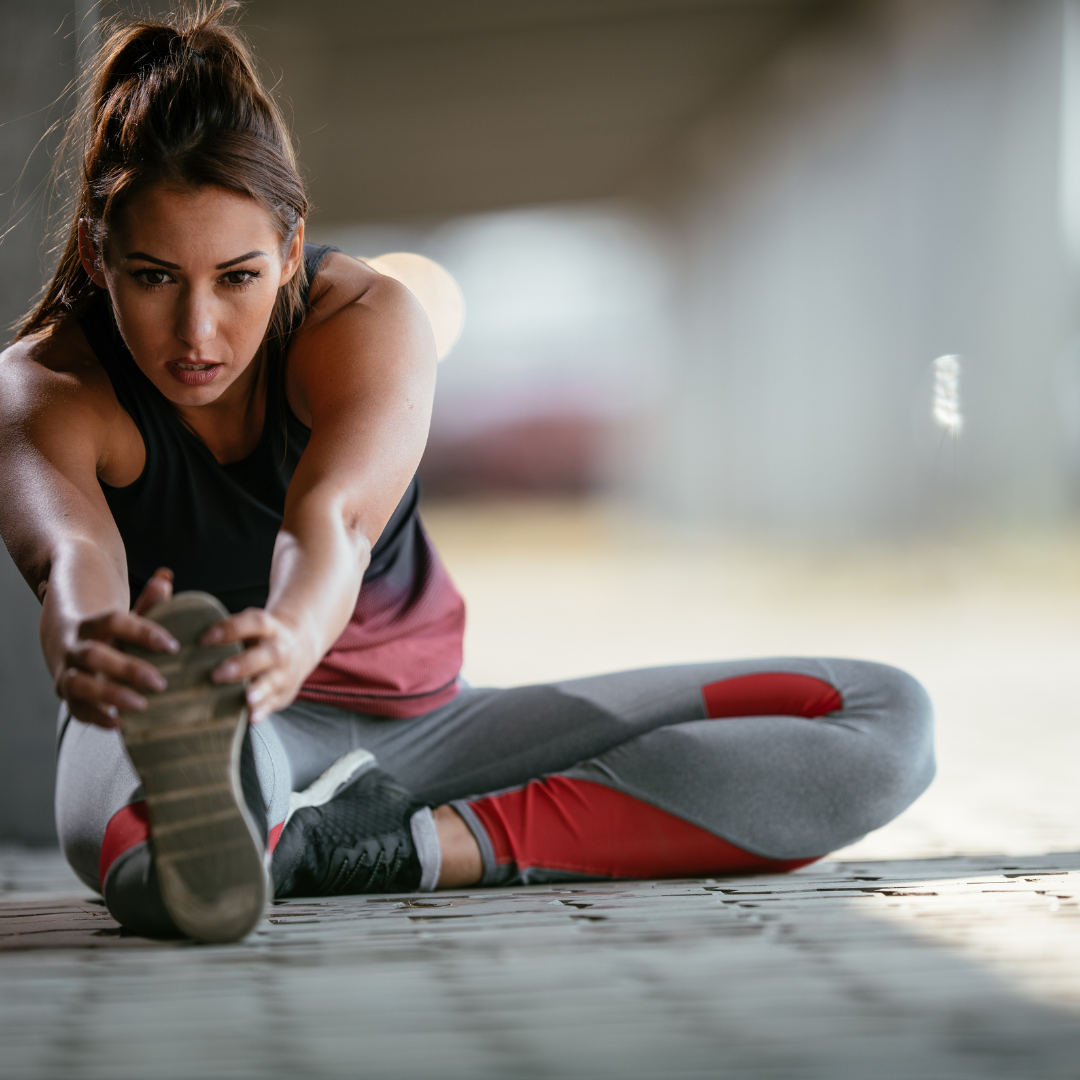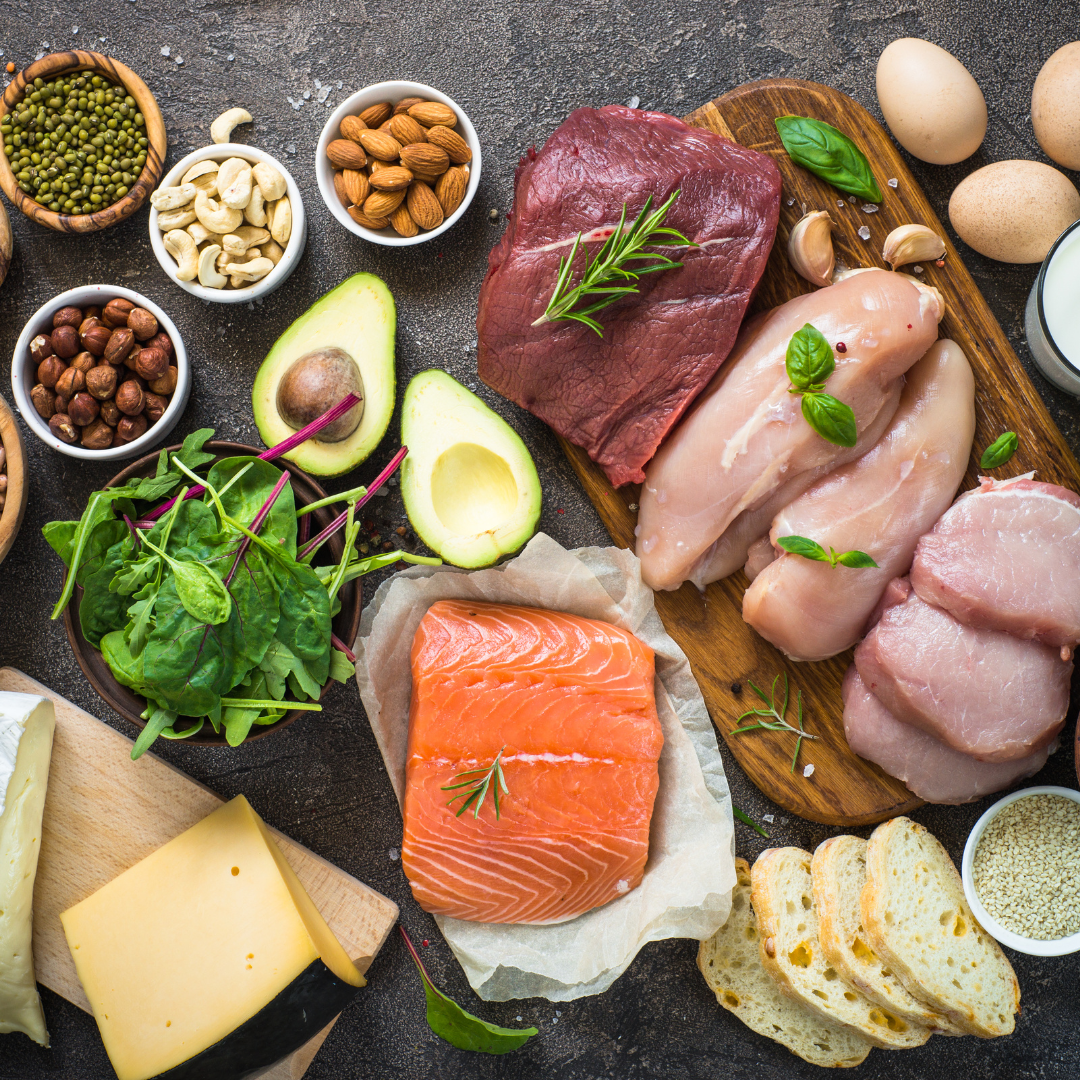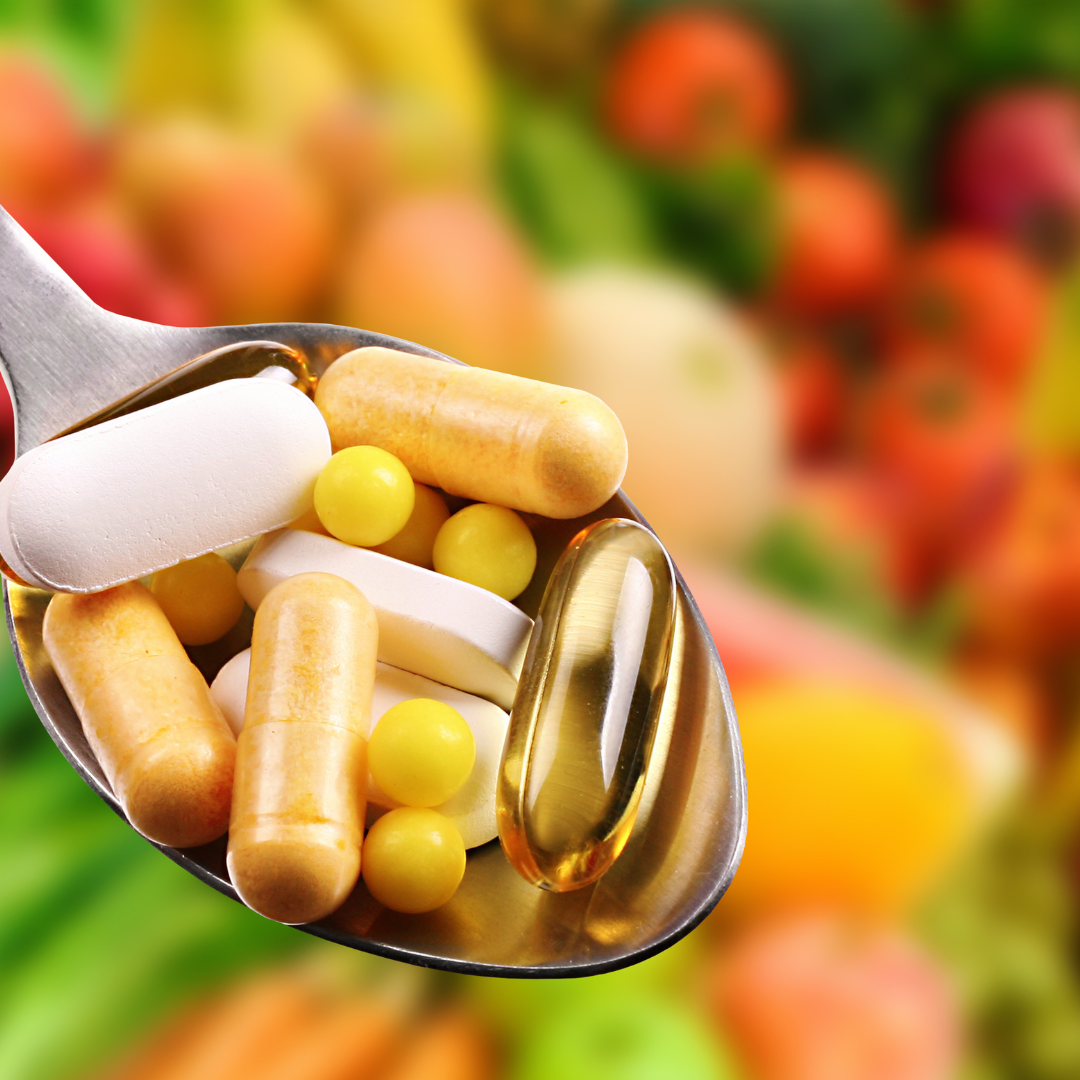Nutrition and fitness go hand in hand.
If you are an athlete then you are probably aware of how important it is to make sure that the food you eat will proactively influence your sports performance.
However, if you are just starting out in your athletic career or you just want to make sure that you are ticking all the boxes with your current sports nutrition plan, then read on to learn more about how nutrition will affect your body.
Why is Nutrition Important?
In a general sense, good nutrition is important for everyone to have.
It can help with maintaining a healthy body weight either by helping people lose weight or promote muscle growth depending on what their fitness plans are.
Sports athletes need proper nutrition to help with the intense training they do whether it be endurance exercise or weight lifting, it is essential that they feed their bodies with the right foods that keep them going for maximum exercise performance.
Energy is very important when they exercise as it can help keep them going.
Athletes that rely solely on a high-fat diet with processed foods are not supporting their immune system or their health if they don’t have variety.
What Should Athletes Consider With Their Food?
For an athlete to get exactly what they need, they must first think about what would be the best for them so they can get the most out of their athletic performance.
- Caloric needs
- Meal and snack times
- Vitamins and minerals (nutritional supplements if not able to get from their food intake)
- Hydration
- Macronutrients
It may seem like a lot to be focusing on, but making sure that they get the right protein intake as well as carbohydrate intake is essential.
Protein will help with repairing exercise-induced damage, whilst carbohydrates will provide the body’s primary fuel when it is moving around.

What Percentage of Macronutrients do Athletes Need?
An athlete’s diet should consist of the same recommended amounts that are used for the general public with energy split up into percentages such as –
- 15% – 25% protein
- 20% – 35% fat
- 45% – 65% carbohydrates
Protein
If athletes are focused solely on increasing their lean mass or muscle protein synthesis, then they need to make sure that their protein intake is from a high-quality protein source close to when they need to exercise, e.g. consuming whey protein containing around 20-25g of protein up to 2 hours after exercising.
If you do not have the right amount of protein, combined with your other macronutrients, then you will lose muscle mass, and you will gain body weight too.
So the body weight lost from the exercise you have previously been doing to lose weight may come back if you do not balance out your intake and keep it at an even level.
Fats
Fat is good for light to moderate exercise as it is a very valuable metabolic fuel to help the muscles when you are working up a sweat.
It doesn’t produce a quick burst of energy like carbohydrates do, but it will help with endurance exercise as well as the performance of the body.
If you have too much fat, this will increase body fat and make it harder to effectively train.
Also, excess weight will put a strain on your skeletal structure which can cause injury if you try and exercise vigorously.
Carbohydrates
Depending on the exercise undertaken, athletes will need different quantities of carbohydrates to maintain liver and muscle glycogen stores, because when glycogen and blood glucose levels are low, the body will run out of fuel and will not be able to keep going.
This is essential for endurance athletes as they need to fuel their bodies to keep functioning when they are on intense running routes or need to keep going with their endurance training.
These needs can be met with sports drinks as they provide around 15 – 20 grams of carbohydrates, so keeping a sports drink on you at all times might just help you get through the next bit.

Using Nutritional Supplements
If you are eating the right kinds of foods, then you should be getting all of the minerals and vitamins that you need to sustain your athletic performance and benefit your body completely.
However, this may not always be the case and you might need to turn to nutritional supplements to help you get exactly what you need.
If you have a deficiency, e.g. iron or calcium, then you definitely will need to take a supplement as these are needed to help keep your exercise performance up and meet your goals.
What Supplements Can be Taken?
There are a lot of different supplements out there that you can consume, whether you are okay with taking them in pill form or you prefer powdered supplementation, there are many ways that you can use them to meet your daily requirements.
Checking With Your Doctor First
Before you decide to take anything, you should run it past your doctor or a dietitian first to see if is it right for you to take.
Without realizing it, you could be taking on too much of one vitamin or mineral which will set you over the limit.
This can cause you problems as it builds up, so always double-check first and unless they have said you have a deficiency, always be cautious.
Vitamins and Minerals to Try
If you do get the go-ahead and are able to take some supplements to help with your performance, here are some that might be right for you.
B Vitamins
These are perfect for releasing energy into the body as they help with metabolizing carbohydrates, proteins, and fats.
Female athletes could find that they are at risk for having low levels of B vitamins such as –
- Vitamin B-6
- Vitamin B-12
- Niacin
Low levels of B-12 can cause people to feel weak as well as fatigued, so if you are feeling this way and are not sure why, you might want to go for a test to see if you do have low levels of this kind of vitamin.
Calcium and Vitamin D
Both of these contribute to healthy bones, teeth, and muscles.
Athletes will have these in their diet to help them with building and maintaining muscle mass as well as reducing the risk of injuries that can happen to their bones, e.g. fractures.
Vitamin D can be found in fortified foods as well as getting daily sunlight, whilst calcium can be found in foods such as –
- Dairy products
- Dark green vegetables
- Fish – salmon and sardines
Creatine
Athletes will use this in their diet to help with their sports performance and they can either get it in supplement form or through foods like red meat and seafood.
Combined with strength training, it can help with muscle mass and improve the individual’s strength.
Some supplements will add in other ingredients such as amino acids, caffeine, and taurine to assist with focus when training.
This supplement should not be taken without being checked first to see if you are compatible with it just in case it clashes with anything else you are taking.

Conclusion
How does nutrition affect athletic performance?
It is incredibly important, and that is why it is essential that proper nutrition is used when exercising so that you get the most out of your performance.

